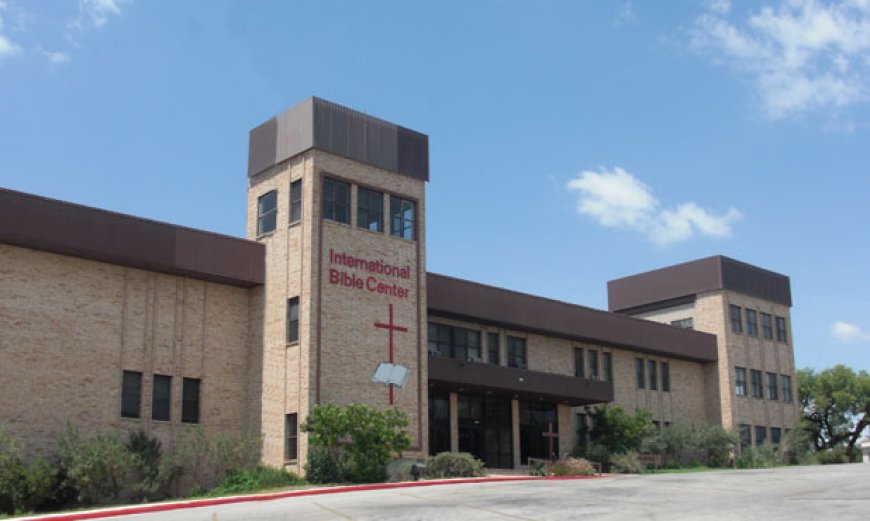Oklahoma Superintendent Mandates Bible Instruction in Schools Amid Controversy

Oklahoma Superintendent of Public Instruction, Ryan Walters, has mandated that schools teach the Bible and ensure a copy is present in every classroom. This directive, announced on Thursday, comes just days after the state Supreme Court ruled against a publicly funded religious charter school.In a memo sent to all school districts, Walters detailed that the Bible must be incorporated into the curricula for grades five through 12. Schools are instructed to highlight the Bible and the Ten Commandments for their "substantial influence on our nation’s founders and the foundational principles of our Constitution." The memo emphasized "immediate and strict compliance."
“We’ll be teaching from the Bible in the classroom to ensure that this historical understanding is there for every student in the state of Oklahoma,” Walters declared at a state Board of Education meeting on Thursday.
Americans United for Separation of Church and State, a nonprofit civil liberties group, condemned Walters’ policy, asserting it infringes on the religious freedom of public school students and their families.
“This is textbook Christian Nationalism: Walters is abusing the power of his public office to impose his religious beliefs on everyone else’s children,” said Rachel Laser, CEO of Americans United. While Laser indicated readiness to oppose the policy, she did not explicitly promise legal action. The group has previously filed lawsuits, including one to block a Louisiana law mandating the display of the Ten Commandments in public schools.
Expanding Religious Influence in Education
Since taking office in January 2023, Walters has consistently advocated for incorporating Christian teachings into state education policy. He has taken various controversial steps, such as vilifying an Oklahoma principal who moonlighted as a drag performer, leading to the principal's resignation, and pushing an emergency rule to prevent students from changing their gender on school records.
Walters has garnered national attention as a proponent of intertwining Christian beliefs with educational mandates. Governor Kevin Stitt recently approved a set of regulations proposed by Walters that include designated time for prayer in schools and the acknowledgment of a “Creator” in the state Education Department’s “foundational values.”
Political and Legal Pushback
However, Walters' initiatives have faced significant opposition. Earlier this month, Governor Stitt issued an executive order prohibiting state agencies from entering into sole-source contracts with marketing and public relations firms, following controversy over Walters hiring a firm at $200 per hour to boost his national media presence.
This week, the Oklahoma Supreme Court ruled that a state contract to fund a Catholic charter school was illegal under both state and federal law. Walters denounced the decision as "sanctioned discrimination against Christians" and called for it to be overturned. In contrast, State Attorney General Gentner Drummond, a fellow conservative Republican, praised the ruling as a “tremendous victory for religious liberty,” emphasizing that both the U.S. and Oklahoma Constitutions were designed to prevent state sponsorship of any religion.
Broader Implications
The ongoing conflict between Walters' religious mandates and legal challenges reflects broader national debates over the role of religion in public education. As Walters continues to push his agenda, the responses from civil liberties groups, state officials, and the judiciary will likely shape the future landscape of educational policy in Oklahoma and beyond.













































